Selecting a VPN firewall solution has lots of complications as the market is filled with countless options. Using these tips to know what type of VPN firewall solution will suit your enterprise will make your task a bit easy:
As per Chris Partsenidis of TechTarget, “Many enterprise-grade VPN products contain firewall capabilities to protect network data from attacks. Through much of this article, we refer to these appliances as “VPN firewalls.” Learn in this article how to find a VPN firewall that’s right for your enterprise.”
Are you looking for a software-based virtual private network (VPN) solution? Or seeking a dedicated hardware firewall or VPN appliance or may be a bit of both for your enterprise? No matter whatever it might be, there is always a network security product to fit in your pricing and feature needs.
With so many products available in the market, most IT managers and engineers these days wonder which VPN is best. It’s difficult to choose, but there’s a way which can help you to zoom in your options and select from a few VPN firewalls options that meet your expectations and do what they claim they can do.
Avoid mixing and matching VPN firewall solutions –
Most, if not every, VPN firewall product makes use of VPN protocols (mostly IPsec) that are described by a plethora of standards drawn by the Internet Engineering Task Force (IETF).
This resulted in a lot of products being compatible with each other, which means that you can buy two products from two different providers and configure them to work with each other to create a site-to-site VPN.
Providers mostly launch new features that improve existing VPN protocols along with the VPN protocols most products support. These kinds of improvements are helpful; they mostly let you use the same VPN firewall vendor throughout your enterprise WAN to take benefit of them. Sometimes, these features are permanently enabled and result in periodic failures if the other end of the VPN tunnel is not supporting them.
It’s not a wise idea to mix and match VPN products with VPN/firewall technologies. If you don’t experiment with varied products together, you can never know if your VPNs will be as stable as they should be or what effects a simple change can bring to your network.
Single VPN firewall Vendor = Fewer problems
The rule mentioned above has one condition: You need to choose the right VPN firewall vendor for your organization. Generally, when you handle a single vendor, you’ll have a few issues to go through – specifically if the primary VPN design is complicated. While dealing with a single vendor, you have to understand the strong and weak points of your systems and remember to adapt to them in a fast pace allowing you to solve the problems related to your VPN.
Handling a complex VPN architecture throughout a multi-vendor platform is every IT engineer’s biggest fear. Engineers need to debug them and attain enough information to the exact conclusions which make the problem even more complicated and delay the solution. Every vendor has its own troubleshooting fundamentals, and it’s tough enough to know one vendor’s logic and leave two or more!
Avoid cheap VPN products –
Though cheap VPN firewall products have always been popular, this doesn’t mean that they’re the best. You can buy a VPN firewall router for less than $200 and it will run the way large vendor VPN firewall device that costs ten times more to perform their functions. So, what do you get from this?
Cheaper products come from some original equipment manufacturer (OEM) factory (usually in mainland China or Taiwan) that mass-produces products and mostly rebrands them under different names. So, chances are you’ll get three different – even popular – routers with firewalls and huge VPN support that were the same exact devices but rebranded differently. You’d be surprised by the number of security bugs found in these chap products and the level of their vulnerability to get hacked. This is strictly not acceptable when it comes to enterprise security and is unbearable.
The authentic vendors like Cisco Systems, Check Point Technologies, IBM, Symantec, and others – With good reasons don’t participate in these cheap VPN/firewall markets. These companies drain millions of dollars every year to the R&D and support to discover the fine products with potentials to withstand the challenging environment and verisimilitude of the internet.
Avoid ISP tracking –
As we’ve observed with the increasing controversy at present in the US, ISPs are highly involved in tracking their subscribers. Keeping in mind the fact that what they do with the information, especially targeting advertising, is a fair reason for users to demand secrecy.
Though, after the ISPs have got the approval to sell user data, users must be aware of what is happening to their data – like surfing history, location data or app usage – to third parties over in the States.
No matter how much you’re afraid of tracking, a VPN suit installed on your devices – which includes mobile phones – will create a strong shield to defend your sensitive information from invasions of privacy.
Online shopping from afar –
This is one of the most attractive features of the VPN and it makes you realize how easy life has become with the advent of technology. How?
Let’s assume that you’re traveling abroad, and want to make an order from your preferred online store to arrive at your home when you reach. However, when you browse its online store, you end up at its country-specific website. In such a case, if you use a VPN server in your home country, it will enable you to access the UK site as if you were available locally, and use your UK account to order to your residential address. Isn’t this a fantastic feature?
Accessing a home network –
VPN provides remote access to your PC or NAS to access all the diverse collection of files and data related to your work, personal or entertainment purpose on your primary desktop system at any place from anywhere. But you’ve to keep in mind that secure access, a connection should be made using a VPN for all this to happen.
Public Wi-Fi security –
Many places offer free Wi-Fi access, which involves schools, libraries, airports and coffee shops, etc. People commonly use these wireless hotspots to check their emails, which needs your password and other confidential information to be passed on.
Do you think hacking this type of public wireless network is a brainer for the expert? Your routers at home generally have a password and apply encryption protocols such as WPA2 to secure the traffic. Though public wireless hotspots provide open access to all and miscellaneous, and either use a common password or no password of any kind in most scenarios.
While using such a vulnerable and insecure Wi-Fi network, you must use a VPN to encrypt your traffic, which means that even if it hacked, your information will be snarled. The Krack Wi-Fi vulnerability which appeared earlier also has the fact that even latest security protocols like WPA2 can also meet with serious problems, and in this case, a VPN connection gives an extra protective layer to your data.
Privacy from website info gathering –
The presence of countless websites across the internet has made it difficult for them to produce an income to oil the lamps. And advert is the most common source of generating revenue, but internet advertisements are often times directly focused on the user with the help of their IP address, not like the ads on TV.
You might’ve noticed that if you search for an item on a site like Amazon while visiting you’ll notice ads promoting similar products to the one you were just looking at.
If you find such type of user tracking creepy (which you should), you must keep it a thumb rule to install a VPN service that hides your true IP address and efficiently keep aside this kind of nonsense.
8. Anonymous downloads –
Torrent or Peer-to-peer downloads have become extensively popular in the past few years. And, it is a well-known fact that it can be used for illegal copyright-violating downloads, there are lots of use cases like downloading a Linux distro, or open medium software such as Libre Office (a popular free replacement for Microsoft Office).
Torrent trackers, monitoring systems follow these download which over time can prove a pandora box of information for their users. This data could be passed on to the authorities, this information can simply be exchanged to the highest bidder and this is one of the biggest concerns. Using a torrent through a VPN is the easiest and most efficient solution to curb any possible problems here as such data collection depends on IP addresses.
Campus connection –
Be the campus is a college or a gigantic workplace, these organizations use a large number of computer devices to help their students or employees. But the universities and corporations also need to protect their sensitive data, so any off-campus remote access is efficiently safeguarded with a VPN doing this task well.
Streaming blocked content –
Geo-restriction or Geo-blocking is a term used when internet content is blocked depending on a user’s location. This is often executed in the case of TV shows or movies, take, for example, access to iPlayer is blocked for the users outside the UK.
However, sometimes this can be a bone of contention, especially when you travel abroad and are not capable of seeing the latest installation of the series you’re watching on Netflix since it’s geo-blocked.
A VPN which has the servers located in the right country can solve the problem, and consider these locations depended on predictable usage while selecting a VPN provider.










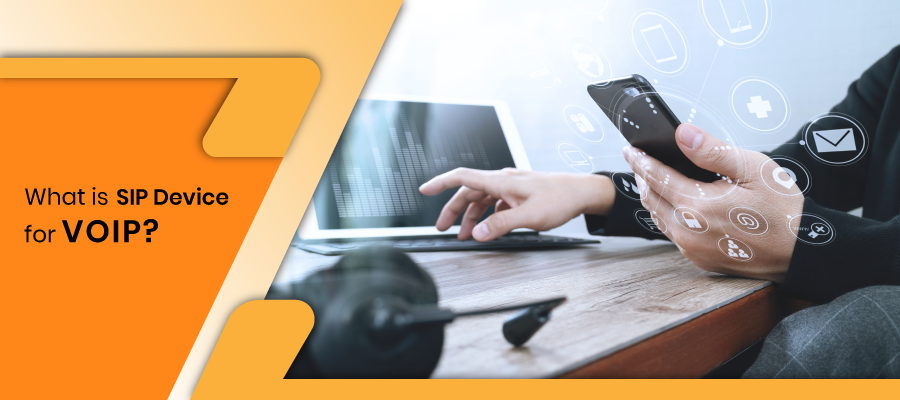
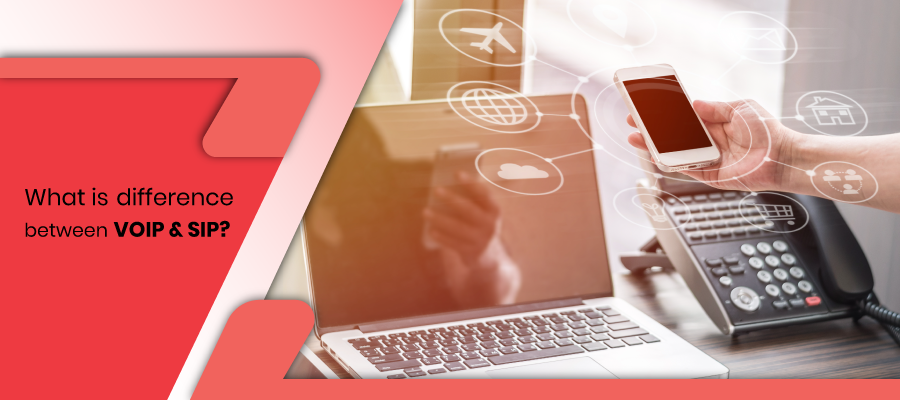
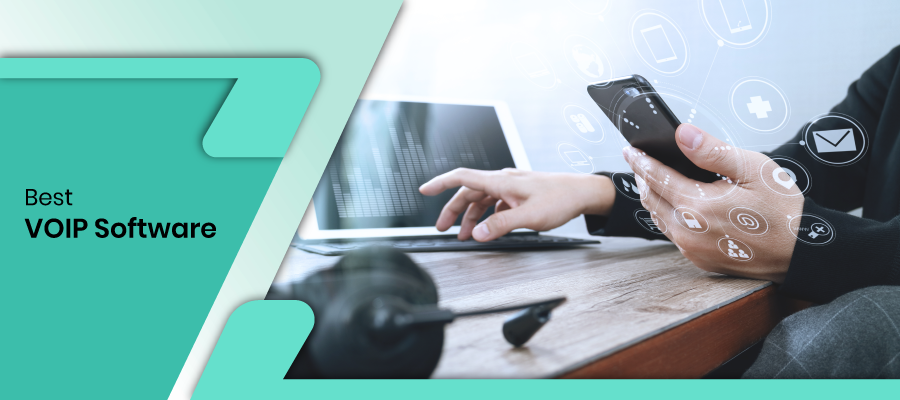
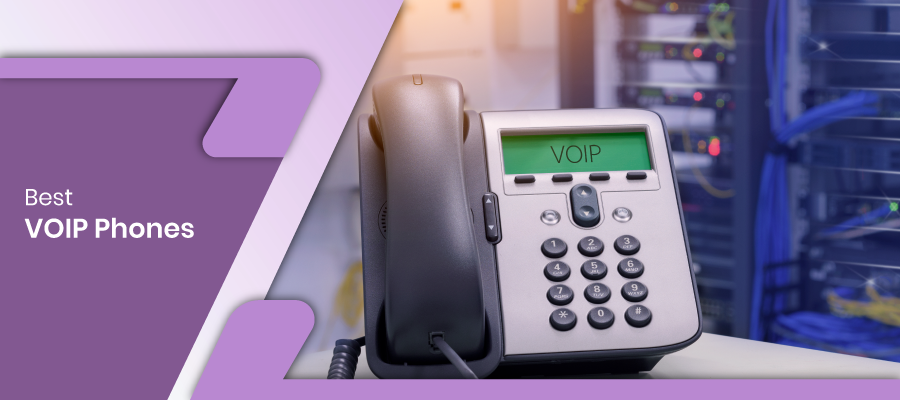

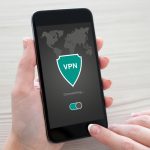









Leave a comment